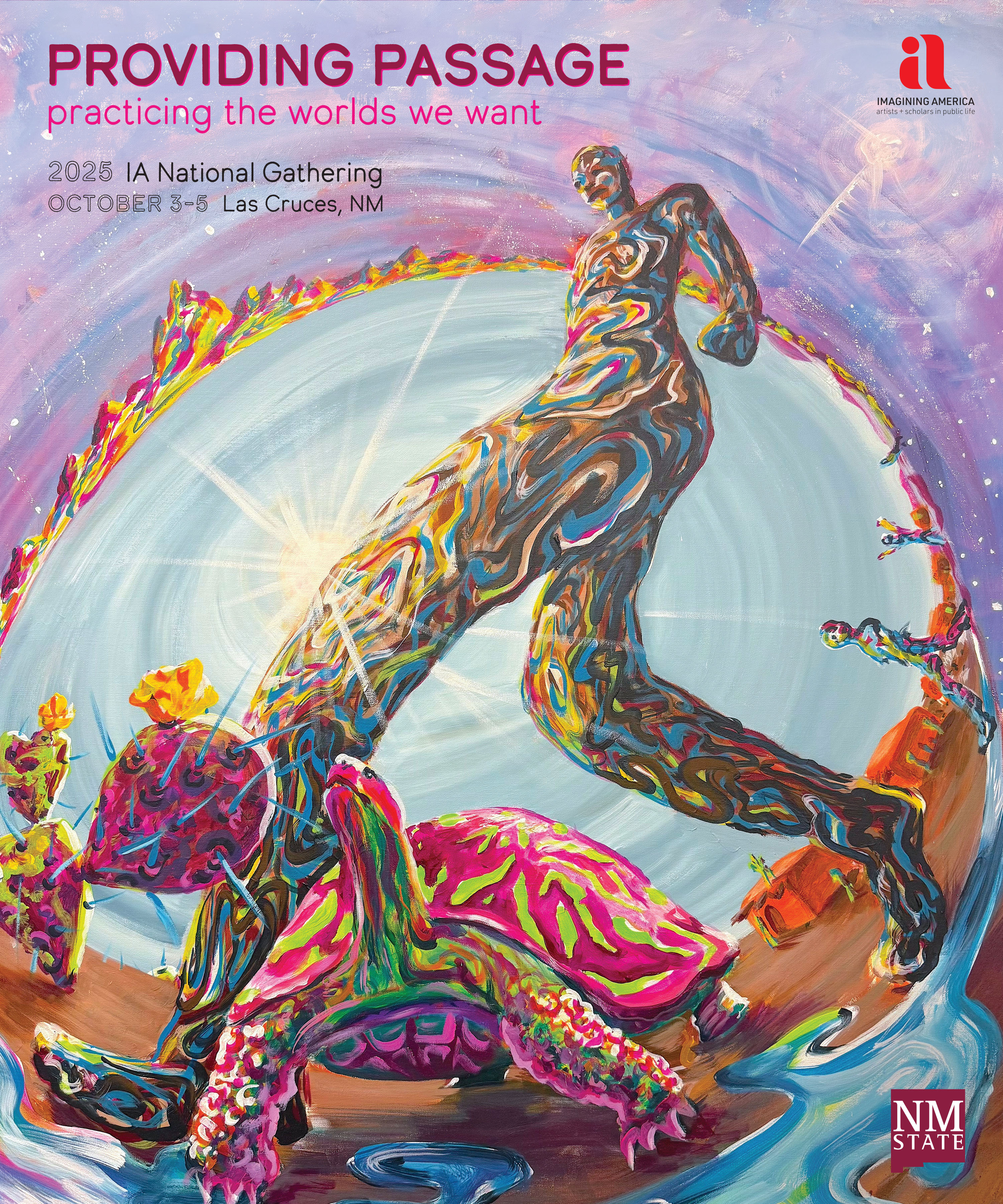The Activist Academic: Engaged Scholarship for Resistance, Hope, and Social Change
On September 19, 2020, Imagining America (IA) hosted a Teaching and Learning Circle webinar with Colette Cann and Eric DeMeulenaere, authors of The Activist Academic, Engaged Scholarship for Resistance, Hope, and Social Change, and with special guests Margo Okazawa Rey and John Saltmarsh. The dialogue focused on Cann and DeMeulenaere’s book, and its implications for scholar activists in this moment. The full video of the event is here.
Cann opened the webinar with a land acknowledgment and Black Lives Matter (BLM) acknowledgment, explaining why by sharing Eve Tuck’s chapter “Biting the University that Feeds Us,” a chapter in the edited volume Dissident Knowledge in Higher Education.
Cann then went on to set the norms that guided the way that participants and panelists gathered that day, including the importance of her own identity as a mother scholar. These principles are informed by some of the principles of the BLM movement:
• Loving engagement
• Family-friendly
• Empathy
• Move up, move back
• Love, study & struggle with joy
More than 150 participants were then invited to use the chat to introduce themselves, acknowledged the land on which they were based, and name the identities they hold. Before turning to the panelists for further dialogue, IA Faculty Director, Erica Kohl-Arenas, invited participants to share one burning question about activist academics or activist scholars with the authors.
• How do we rebuild trust in the public university?
• I come from an organizer background. Academics were always for the ‘privileged’ and there was a deep separation. Now that I am in academia, I see both sides but there is a huge tension
• I am preparing to dive deep into the idea of K12 leaders (principals) as administrator activists in their communities.
• Thinking about the tenure/promotion policy framework that would be needed to support scholar activists
• Wondering about how we manage our relationships with our institutions and students at a time when physically being together is unsafe.
• How can we link the experiences of different countries? How can we see this health crisis as an opportunity?
• How to balance, in this “racial reckoning,” the urgency for social change (and accompanying social pressure) without actions becoming simply performative?
• How to do real work given the openings we have right now to raise these questions, and also support sustained vs. fleeting work around this, especially around race and also other systemic inequities?
Kohl-Arenas continued by introducing the panelists and inviting panelists to join in a dialogue around the questions “What does activist scholarship and being an activist academic mean to you today? And why is it urgent and important as a result of a global pandemic, black freedom struggles, as well as the heat and climate crisis around us?”
Cann spoke about what activism in the academy looks like, recognizing that scholarship starts within the institution, yet also acknowledging the responsibility of academics as institutional agents to collectively dream and imagine ways that institutional resources can be used to extend the net of care for students and other stakeholders now and into the future.
DeMeulenaere, followed by adding the perspective of academia as an Ivory Tower. He views his role as an activist first, then as an academic. He mentions the complicity of academia with systems of oppression and his struggles to navigate that dilemma.
Okazawa-Rey added to Cann and DeMeulenaere by asking the questions “To whom are activist scholars accountable? And for what are we responsible?” She made the point that activism has always being the norm in the university, as that is how institutions sustain the status quo and often justify intellectual and scientific racism. However, activist academics engage in a new type of activism. She then shared the following quote:
“Those who make objectivity a religion are liars. They are scared of human pain. They don’t want to be objective, it’s a lie: they want to be objects, so as not to suffer.”
― Eduardo Galeano, The Book of Embraces
She also provided a poignant example of faculty members fielding questions like, “Will anyone die as we are going back to school?” as some students are going back into the classroom this fall. She then posed the question, “What would be the answer to that question from an activist academic?”
Saltmarsh then reflected on our current times compared to the past and the disconnect that now exists between the work of institutions and the work of public scholars. However, he points to this moment of racial reckoning as an opportunity to rethink the place of activist academics within institutions.
As the conversation turned toward the process of writing the book and its usefulness a road map for activist scholars, DeMeulenaere described the process of creating the project in the midst of everyday life, including family care, which added humanity and vulnerability to the book.
Cann added an emphasis on moving activist scholarship from the margins to the center by focusing on the “how.” How do we do the work? How do we parent? How do we teach? The “how” is interconnected with who you are. Okazawa-Rey further complicated this question by calling to question, “What are the values and the purpose embedded in the how?
Moving the conversation forward, Kohl-Arenas asked panelists for reflections on the forward and afterward of the book. She began by asking Okazawa-Rey about the ways the Golden Era of the Social Movements, the 60’s and 70’s, set the stage for current movements.
Okazawa-Rey mentioned that the main advantage the earlier generation had was that there were active movements happening that called individuals to engage and create something relevant. Currently, academics go out and look for movements. Also, she adds that in the early days of social movements, there were many contradictions and conundrums as a result of struggling with them, for what she asks, “When does the structural contradiction, become hypocrisy?”
Kohl-Arenas then asked Saltmarsh to reflect on the recommendations included at the end of the book. Saltmarsh reflected that it is not an individual’s scholarship which needs to be addressed, but rather how that scholarship is valued within institutions. He asks, “What counts in the academy? What gets validated? Who do we want these scholars to be in our institutions? Can we create institutional environments that will allow these scholars to thrive?”
In wrapping up the webinar, taking on one of the pressing questions posed earlier in the chat, panelists reflected on what is meant to be working with students in the moment as an activist scholar. Okazawa-Rey commented the importance of play in her relationship with her students. She and DeMeulenaere shared an anecdote where they danced and played with their students, showing themselves vulnerable and real, as they truly are. Cann added the importance of mentoring students and creating spaces for dreaming and creativity, so they can be a different kind of academic, while acknowledging the system they are in right now.
Enjoy the full conversation here.
This webinar was hosted from the Imagining America Teaching and Learning Circle (TLC) webinar platform. The IA TLC is an online learning community that builds peer support and conversations about the opportunities, joys, and challenges of producing public and activist scholarship, and designing and delivering community-engaged courses and projects.
If you are interested in co-facilitating a future TLC webinar or have a topic you would like us to explore, please email us at connect@imaginingamerica.org.


